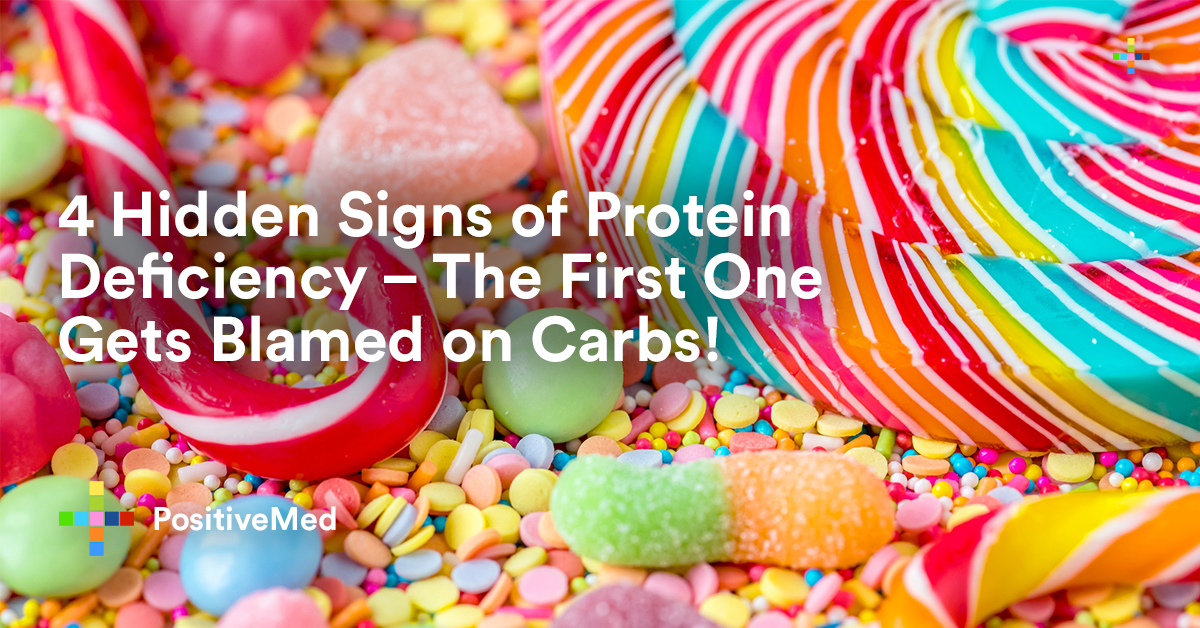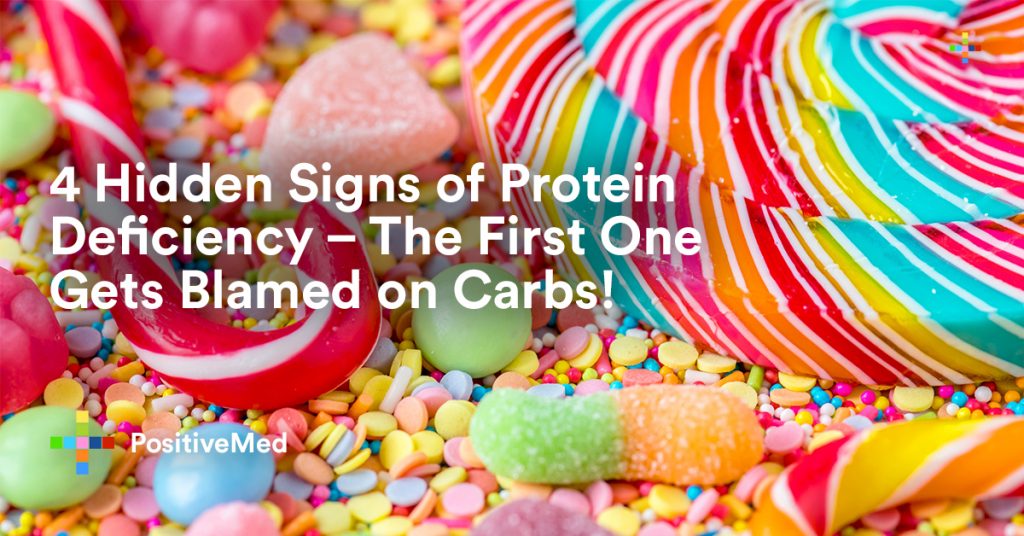[nextpage title=”…”]
In today’s world, we are constantly reminded of how westerners are overfed and overweight. We have all seen and heard evidence of the protein deficiency caused by this way of life. As a result, the diet industry is booming, and many of the current crops of diets are recognizing the remarkable ability of a protein to not only build and repair tissues but also to stave off cravings by normalizing our blood sugar.

Paleo diet. Atkins. Body-for-Life. All of our popular eating plans today are very pro-protein, and the stigma surrounding red meat and saturated fat is finally beginning to lift as we learn that it was based on very faulty research, to begin with.
Yet many of us are still falling through the cracks when it comes to getting enough protein. Namely, those on a vegetarian or vegan diet, or those who chronically undereat in an attempt to control weight through calorie restriction. This problem becomes much worse if the person in question is an athlete.
Without crunching numbers, here are 4 simple signs that you are not getting enough protein.
RELATED ARTICLE: How Many Grams Of Protein Every Woman Should Eat Per Day According To Her Lifestyle?
1. Constant cravings for sweets
Donuts, chocolate, cookies, and candy. Cravings for these types of foods along with the feeling that you’re never quite full are the first signs that you may be low on protein. Many diet books tell us that eating sugar will cause a later craving for more of the same, and while that is absolutely true, a shortage of protein will do the same thing.
[/nextpage][nextpage title=”…”]
This happens because one of the protein’s critical functions is to keep your blood sugar stable. If protein is not around to do its job, your blood sugar levels will fluctuate all over the place, making you crave a quick fix in the form of simple sugar. If you feel this way, try eating a couple of poached eggs or a protein shake – if the craving quickly subsides, you will know that you were low in protein, not that you needed a carb.
2. Fitful sleep
Deep, restful sleep is when your body is in recovery mode. It requires that you be able to sleep uninterrupted for at least 6-8 hours in order for it to repair and rebuild muscle tissue, recharge your brain and allow your liver to cleanse your blood. All this night time activity requires that your body burn fat – a very long-lasting fuel – for energy. If your body is not used to burning fat for fuel and only used to burning carbs, it will wake up every few hours, needing to be fed.
Eating enough protein aids your body in becoming fat-adapted, a state in which you burn fat as your primary fuel, not sugar. Fitful sleep is an indicator that your body may be burning the wrong type of fuel for long-term energy needs.
3. You struggle to lose weight
A couple of things happen with regards to weight loss if you aren’t eating enough protein. One is that your muscles go MIA as your body breaks them down to acquire the needed amino acids that it must have to function. Since muscle tissue requires energy to sustain it, a loss of said tissue subsequently slows your metabolism, since there is less muscle to maintain. A metabolic double-whammy.
Two, eating protein not only preserves muscle tissue, but it also aids in weight loss by stabilizing blood sugar (the cause of those nasty cravings) and making you feel fuller, longer.
[/nextpage][nextpage title=”…”]
Research has shown that people who routinely get 30 percent of their total daily calories from protein eat nearly 450 fewer calories over the course of a day than someone who consumes a diet of mostly carbohydrates.
4. You’re losing your hair
A routine test that nutritionists use to determine if a client has a protein deficiency is to have them run their hands through their hair and notice how much comes out. Hair is made primarily of protein, and if you are not receiving enough, your body will seek to conserve it by shifting hair growth into a sort of “resting phase.” This means that you may find yourself losing hair more than usual.
So how much should you eat?
This depends largely upon activity levels. For someone who is moderately active, 2/3 of a gram per pound of lean bodyweight is plenty. If you are exercising frequently to the point of muscular soreness, then shoot for 1 gram of protein for every pound of lean body weight.
Remember, the key is eating to lean body weight. In other words, eat for the body you want to have. If you weigh 225 and should be at 170, and are working out 5 times a week, then you should get 170 grams of protein over the course of one day.
[/nextpage]






